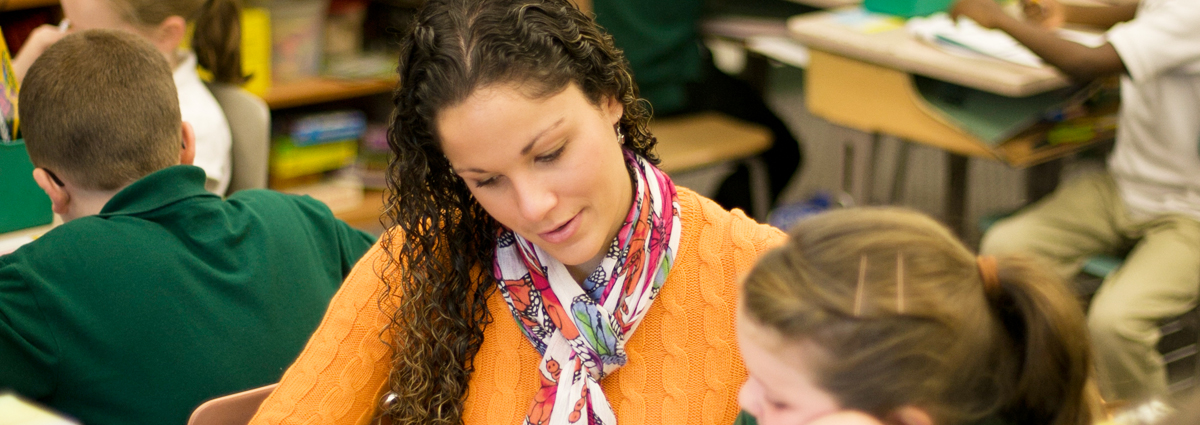Urban Education Minor Program Details
An interdisciplinary approach to the study of urban education, the Urban Education minor will expose you to critical, global, and historical perspectives in the examination of equity, access, and social justice issues in urban schools (K–12) and educational programs.
Within the program, you'll analyze issues such as the impact of poverty, high stakes testing, corporate- and community-based reforms, and resource distribution on urban schools and communities.
Skills Learned
- Demonstrate an understanding of historical, contemporary political, philosophical, sociological, and political contexts of urban education
- Examine the causes and consequences of social inequalities as understood from multiple historical and conceptual perspectives and levels of analyses
- Identify unique programmatic needs and curricular and pedagogical approaches used in traditional and nontraditional urban educational settings in the U.S and abroad
- Analyze urban education issues in connection to social justice and the common good using a variety of approaches and theoretical perspectives
- Exhibit evidence of scholarly leadership in the classroom and/or field experiences as “engaged citizens of the world” in deliberative discussions and inquiry-based formats
- Understand how the field of urban education is conceptualized and problem posing methods that guide research in the field
